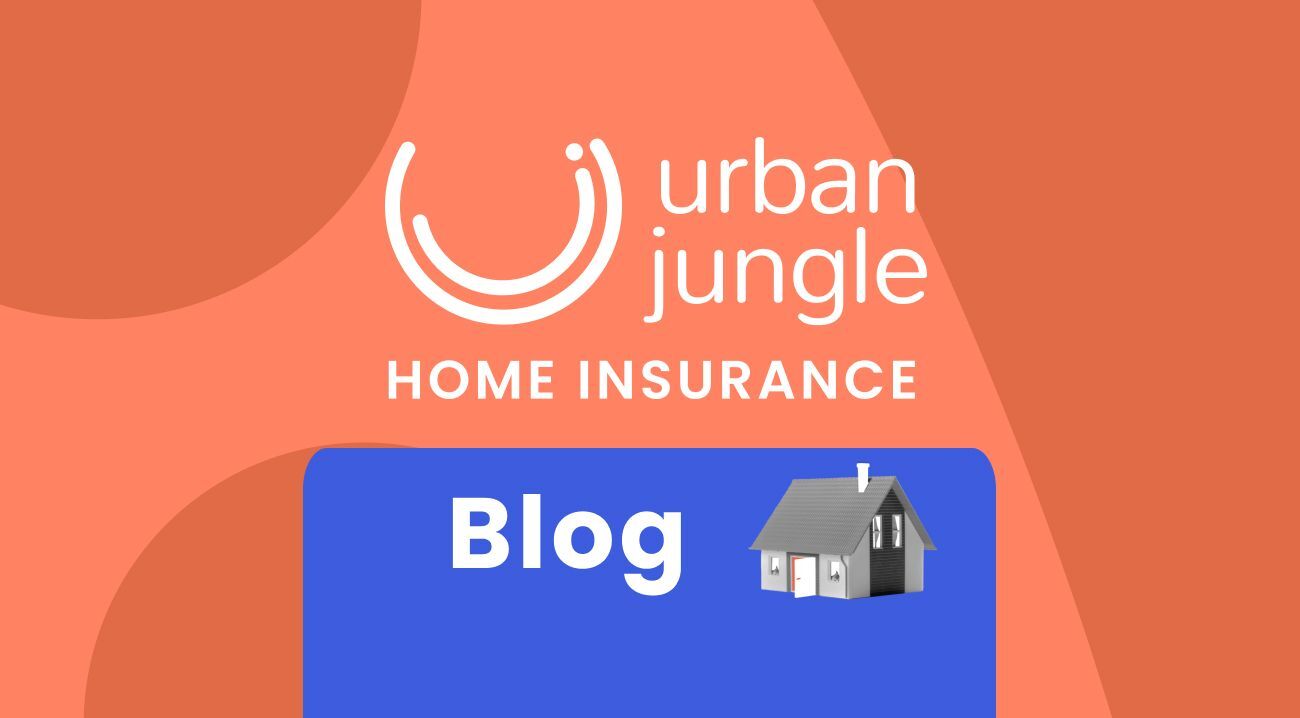Can you get a mortgage for land?

Can you get a mortgage for land?
Getting a mortgage for a piece of land might seem like an odd idea. Why would a mortgage provider invest their money in a bare piece of land? How do you prove you can use the land to pay them back?
It’s actually simpler than you might think. We’ve put together this blog to go over everything you need to know about getting a mortgage for land purchase.
Can you get a mortgage for land?
The short answer is yes, there are special mortgage packages that are designed to help people purchase land. They can be a bit more complex than a normal mortgage though, as mortgage providers tend to see them as riskier. If you’re trying to get a mortgage for land purchase, you may have to fulfil a few more criteria than normal, depending on the land itself, what you want to use it for, and your plan for making that happen.
Types of land mortgage
Land in the UK is categorised by its purpose, and what you are allowed to do on that land will depend on its categorisation. It can be quite difficult to change the category of the land you might be buying, so you might want to aim for land that already matches your plans. The conditions of your mortgage will also tend to be based on the type of land you’re buying. These are the main types of mortgage for land types in the UK:
- Self-build land mortgage - A self-build land mortgage is usually designed to take into account the value of the land and the final planned property. The cash will tend to be released in stages throughout the building process.
- Agricultural land mortgage - An agricultural land mortgage is designed for anyone looking to buy, build, or extend a working farm. You may have to provide a business plan when applying to prove the investment is worth the money.
- Woodland mortgage - It tends to be very hard to make changes to pieces of land categorised as woodland. You may have to provide a plan to prove how you intend to use the land, for example for wildlife preservation.
- Commercial development land mortgage - Building developers will tend to need a commercial development land mortgage to build commercial large-scale commercial or residential units. You will very likely need a fully documented business plan and possibly planning permission to move forward with a mortgage of this size.
Do I need planning permission to get a land mortgage?
All of the mortgages listed above, apart from a woodland mortgage, will benefit from you having planning permission ahead of your application. The biggest attraction of a land mortgage for a provider is how much potential there is for return on their investment. When you are able to build on the land you are buying, you can potentially add a lot of value to it, so mortgage providers love to see as much planning as you can show them.
Some pieces of land may have already been given planning permission by their current owner before you buy them. These tend to be the pieces of land that are most attractive to mortgage providers and buyers. These are the two different types of planning permission that a piece of land might already have:
Outline planning permission (OPP) - OPP shows that your local planning department agrees in principle that something can be built on the land. It’s usually valid for 3 years and has to be renewed. To count towards a land mortgage, OPP will usually need to cover the following criteria:
- The layout, appearance and dimensions of any planned buildings
- Plans for site access
- Plans for landscaping
Full planning permission (FPP) - FPP is usually valid for 5 years and will tend to include all of the criteria above, as well as detailed drawings of any planned buildings and details of any planning issues. FPP tends to be far more attractive for mortgage providers, as they can clearly see what the potential is for the land, and what it could become.
Getting a mortgage for land
Getting a mortgage for land follows pretty much the same process as getting a normal mortgage. It’s best to get all your financial and personal documentation in order, make sure your credit score is as strong as possible, and you might even want to talk to a broker. Here are a few things to keep in mind that are a bit more specific to getting a mortgage for land:
Documentation
As well as all the usual financial and personal documentation, land mortgages may also require a business plan and planning permission. We’ve already covered planning permission, but a clear business plan could set your mortgage application apart and stand you in very good stead for approval. A mortgage provider is essentially making an investment in the land you’re looking to buy. If you can prove exactly how you are going to add value to that land, you are far less risky than someone who just tells them that they want to build a sheep farm with no real plan in place for how they’ll do that.
Deposits
As with any mortgage, you are very likely to need to put down a deposit before approval. The difference with a land mortgage is that mortgage providers tend to only want to provide a mortgage that covers at most 70% of the total value of the land. That means you’ll usually have to cover the remaining 30% as a cash deposit, or through another loan against your assets. This 70:30 split is called the loan-to-value ratio (LTV), and it can vary depending on a range of factors, such as your mortgage provider’s policy, the type of land, your credit score, and your business plan. It can be worth shopping around for the best deals or asking a broker’s advice to help you carefully weigh up your options before you decide what to do.
Interest rates
Interest rates on mortgages are going up and down a lot at the moment (October 2022), so it’s hard to give an exact prediction on the interest rate you would expect to get on a land mortgage. Historically though, interest rates on land mortgages tend to be a little bit higher than residential mortgages, simply because the return on investment might not be as clear to the mortgage provider as buying and selling a house. You could generally expect a land mortgage to have an interest rate between 3-7%, depending on the type of land, what you’re going to use it for, your credit score, and the LTV.
A few final tips…
Getting a mortgage for land is pretty close to getting a mortgage for a house, you just might have to jump through a couple more hoops. Here are the last few things to keep in mind if you’re trying to get a land mortgage:
- A lot of the criteria for getting a land mortgage will depend on the type of land you want to buy, and what you want to use it for
- Getting planning permission ahead of time and putting together a detailed business plan can give you a really good head start on getting a land mortgage
- You might need a bigger deposit and pay more interest than you would on a residential property, so it’s worth making sure you’ve got plenty of cash before you get started





